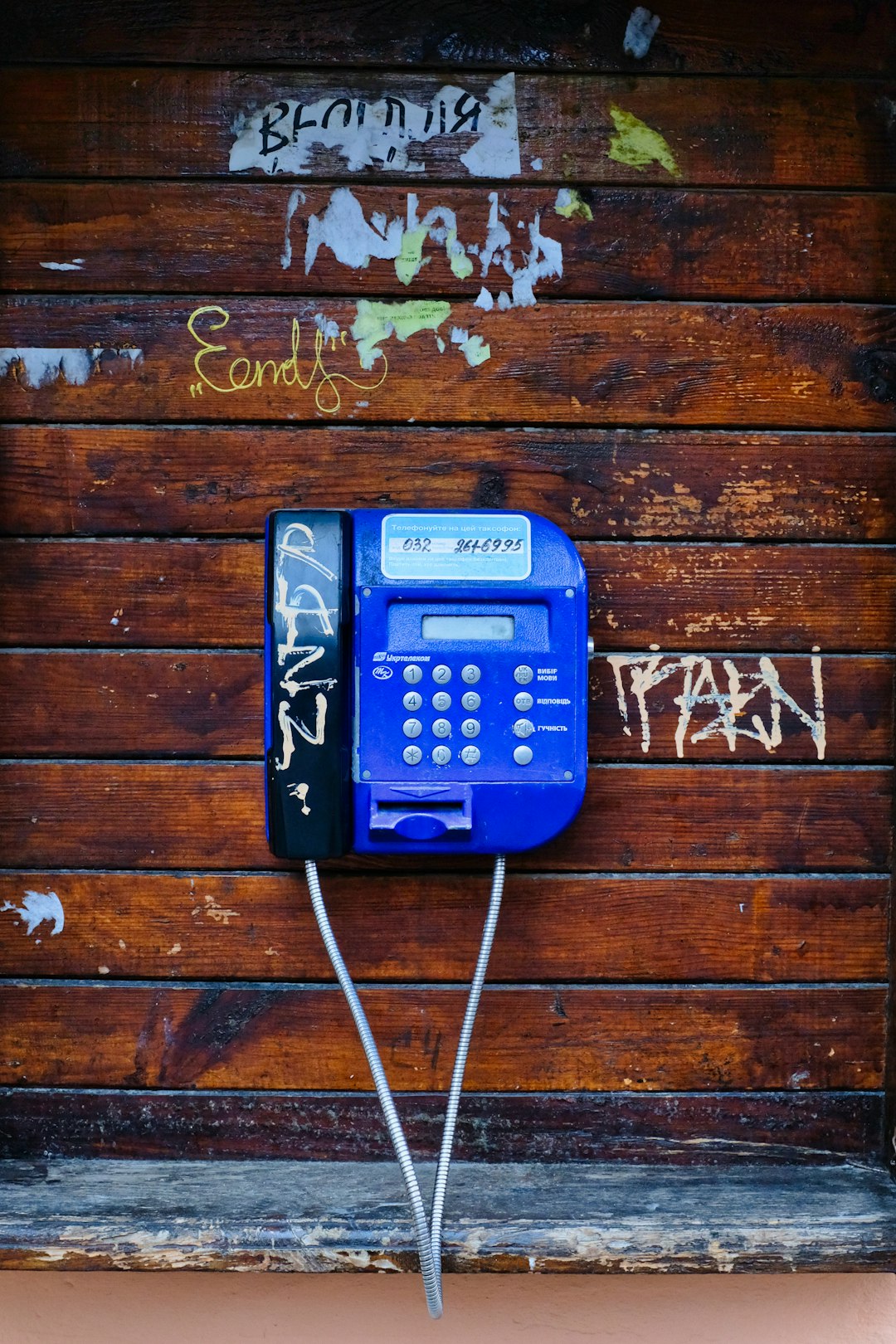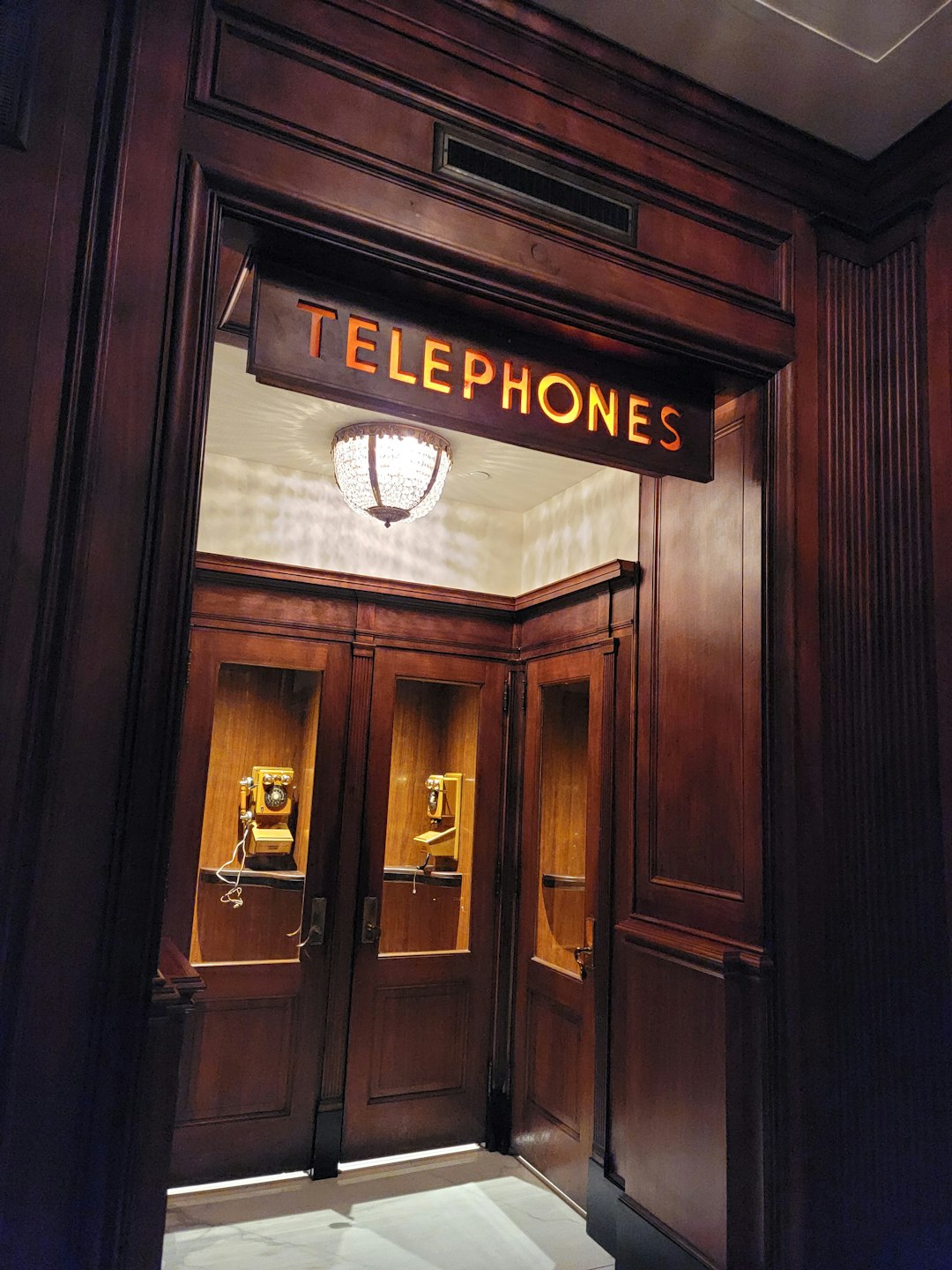Telemarketing regulations in Massachusetts offer robust protection for consumers against unsolicited calls, surpassing federal guidelines. The state's Do Not Call List (DNCL), accessible through Do Not Call Lawyers Massachusetts, blocks all marketing calls unless businesses have explicit consent. These laws, enforced by specialized lawyers, restrict political messages and charitable solicitations, ensuring residents' communication privacy. Violations incur severe penalties, and consumers can file complaints with the Attorney General's office for potential legal action against telemarketers.
In today’s digital era, understanding telemarketing laws is crucial for businesses aiming to comply with federal regulations and Massachusetts’ specific requirements. This article serves as a comprehensive guide, breaking down key aspects of federal telemarketing regulations and Massachusetts’ Do Not Call List. We explore the nuances, including legal implications for violations, helping folks navigate this intricate landscape. For those seeking expert advice, connecting with Do Not Call Lawyers Massachusetts can offer tailored solutions to ensure compliance.
Understanding Federal Telemarketing Regulations

Telemarketing, or the act of making sales or promotional calls, is regulated at both the federal and state levels. At the federal level, the Do Not Call (DNC) Registry plays a pivotal role in curbing unwanted telemarketing calls. Consumers can register their phone numbers on this list, effectively preventing businesses from initiating automated or prerecorded telemarketing calls to them. This regulation is enforced by the Federal Trade Commission (FTC), which has established guidelines for telemarketers to follow.
In Massachusetts, additional protections are in place through state laws, particularly for residents who have registered on the Do Not Call list. Massachusetts’ Do Not Call Laws further restrict telemarketing practices, ensuring that businesses must obtain explicit consent before calling residents. This means that if a consumer has added their number to the DNC list, Massachusetts law prohibits telemarketers from calling them unless they have given prior authorization. These state regulations work in conjunction with federal laws to safeguard consumers’ privacy and reduce unwanted calls, with a focus on empowering individuals to control their communication preferences.
Massachusetts' Do Not Call List and Requirements

In Massachusetts, individuals have the right to control unwanted telemarketing calls, thanks to the state’s Do Not Call List (DNCL). This list is a powerful tool for residents who wish to block all forms of telephone solicitations. To enroll, Massachusetts citizens can simply register their phone number through the official state website or by contacting a local Do Not Call Lawyer Massachusetts. Once registered, businesses are prohibited from calling these numbers unless they have obtained prior express consent.
The DNCL in Massachusetts goes beyond federal regulations by offering more extensive protections. It allows residents to opt-out of calls not only for telemarketing but also for political messages and charitable solicitations. This comprehensive approach ensures that the privacy and peace of mind of Massachusetts residents are respected, providing a clearer and quieter communication environment.
Key Differences Between Federal and State Laws

The Telemarketing and Consumer Fraud and Abuse Prevention Act (TCFA), also known as the Do Not Call (DNC) law, sets federal regulations for telemarketers across the US. At its core, it protects consumers by restricting unwanted phone calls from salespeople or marketers. However, individual states can enhance these protections with their own legislation. In Massachusetts, the Do Not Call Lawyers Massachusetts play a crucial role in ensuring residents’ privacy and peace of mind.
One key difference lies in the specific rules regarding consent. Federal law allows businesses to call consumers who have not registered on the DNC list under certain conditions, such as having an existing business relationship. In contrast, Massachusetts state law is stricter; it requires explicit consent from consumers for any telemarketing calls, even for existing customers. This means that what might be acceptable under federal guidelines could be considered a violation in Massachusetts without proper authorization.
Legal Implications for Violations

Telemarketing laws are in place to protect consumers from unwanted calls and ensure fair business practices. Violating these regulations can have significant legal implications, especially for companies or individuals operating in Massachusetts. If a telemarketer fails to comply with state-mandated rules, they may face substantial penalties and lawsuits.
In Massachusetts, Do Not Call Lawyers play a crucial role in enforcing these laws. Consumers who receive unsolicited calls can file complaints with the Attorney General’s office, leading to investigations that could result in legal action against the offending party. Fines for violations can reach up to $10,000 per call, and repeated or willful infringements may lead to class-action lawsuits, causing substantial financial losses for businesses.






